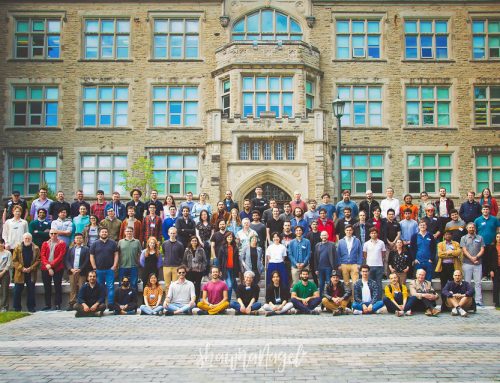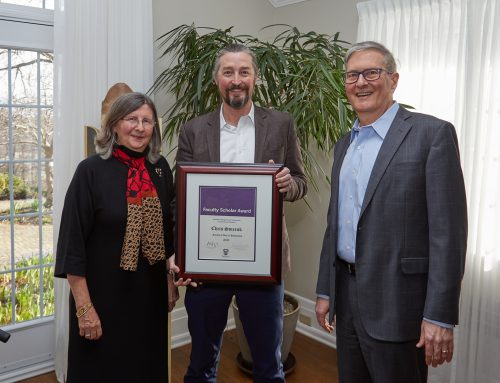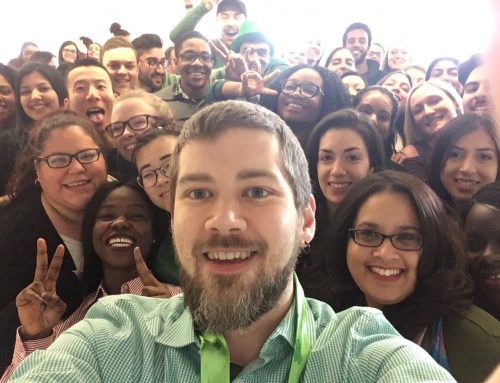
On Wednesday October 17th the Rotman Institute sponsored a pub night at The Morrissey House where we discussed the history of quantification in science. The purpose was to discuss some of the ideas raised atThe Language of Nature Workshop with interested members of the public. The discussion was led by Chris Smeenk and Benjamin Hill and focused on the special status often granted to mathematics and its impact on our perception of proper scientific practice.
The connection between mathematics and the physical world has long been a hot topic in philosophy, and the success of mathematics in explaining and predicting physical phenomena has led some to grant ontological status to mathematical objects. Roughly speaking, because mathematical objects are necessary for our best scientific theories, some argue we have as much reason to believe in their existence as we do for other theoretical entities, like electrons and photons. Another important consequence of math’s success in the sciences has been identifying good science itself with mathematical rigour. A subject whose theories and predictions can be expressed mathematically is often seen as more scientific than a subject that resists mathematization. Think about the status granted to physics compared to that granted to psychology. Though this take on proper scientific methodology does not rest on accepting mathematical realism, I think it does rest to a certain extent on the belief that mathematical analysis provides a kind of certainty that is not achieved through non-mathematical forms of description. Either way, proposing a tight connection between mathematics and good science often rests on either taking mathematical objects to be real (and hence naturally part of proper descriptions of the world) or at least granting mathematics some special epistemic status.
An interesting question brought forward by Chris Smeenk was whether there is a distinct problem that arises in applying mathematics to the world as opposed to applying language, or whether whatever we say about how language applies to the world also works for mathematics. One possible reason for thinking that the answer to whether there is a difference is “no” is the idea that we can treat mathematics just as a more precise form of language. Under this proposal mathematical terms are not different in kind from natural language descriptions but are just much more specific and operate within a well-defined set of rules. Just as we have no reason to think that inferences made from natural language concepts need reflect the world, we equally have no reason to think that inferences from mathematics need necessarily reflect the world either. This means no special epistemic power or ontological status has to be given to mathematical descriptions. If mathematical terms are the same in kind as natural language terms then there is less reason to think science depends on mathematics in a special way.
This leaves open the question of why mathematics has been so useful in scientific development. Defenders of the indispensability arguments would argue that denying math special status means treating all the successes of mathematics in the sciences as a highly implausible series of coincidences. However, I think there might be a much more plausible explanation. Perhaps the success of mathematics stems from its ability to allow scientists to make very specific claims and develop very specific tests for hypotheses. Perhaps it’s the specificity that is doing the work, not the mathematical objects themselves. This leaves open the possibility that equally precise but non-mathematical forms of description may also be highly successful in science, and may be more appropriate than math in certain applications.
Though we didn’t solve all the philosophical problems raised by quantification in the sciences, it was a lively evening full of vibrant conversation and good beer.
If you are coming to London check out the Rotman facebook page or this blog for upcoming pub nights and other great events.





